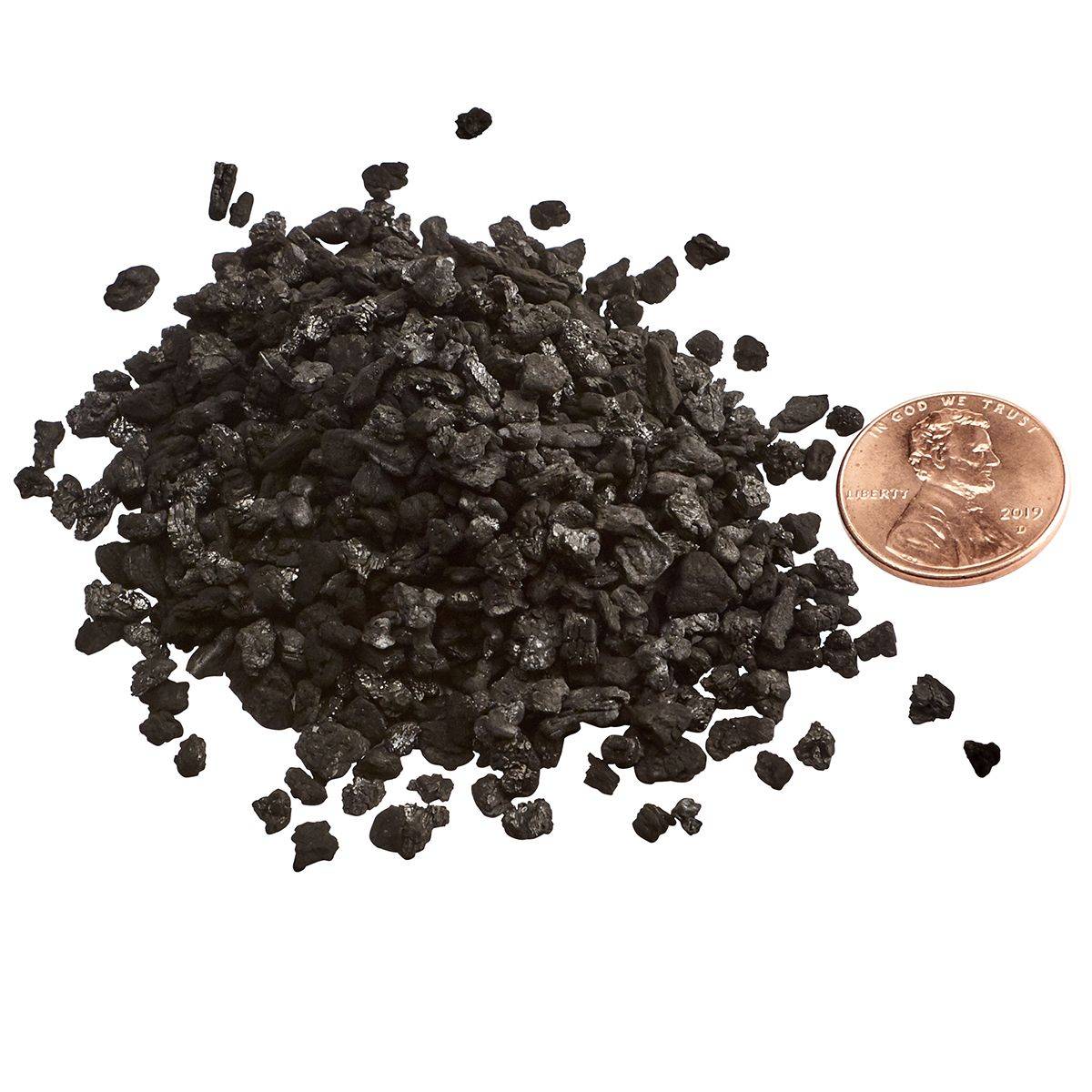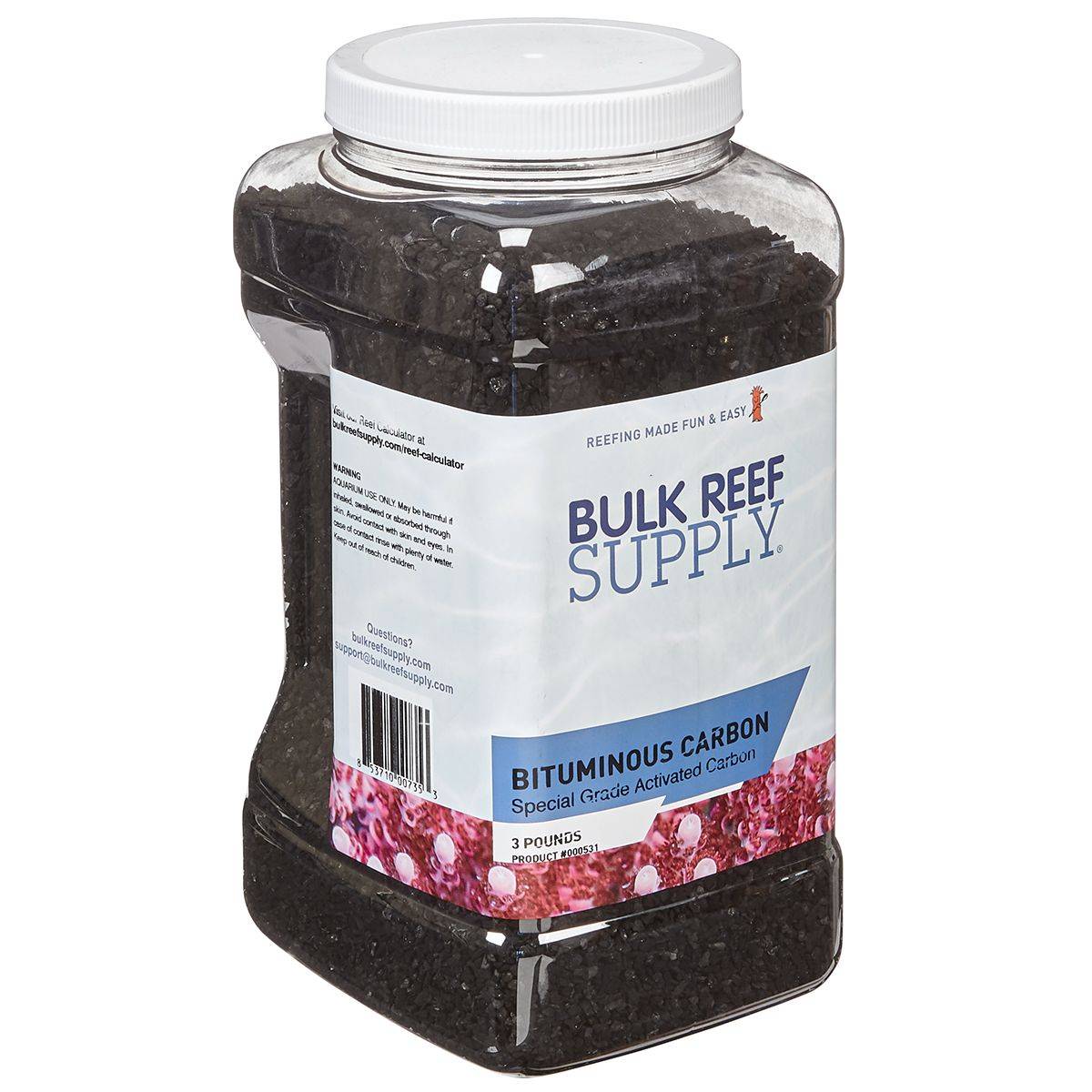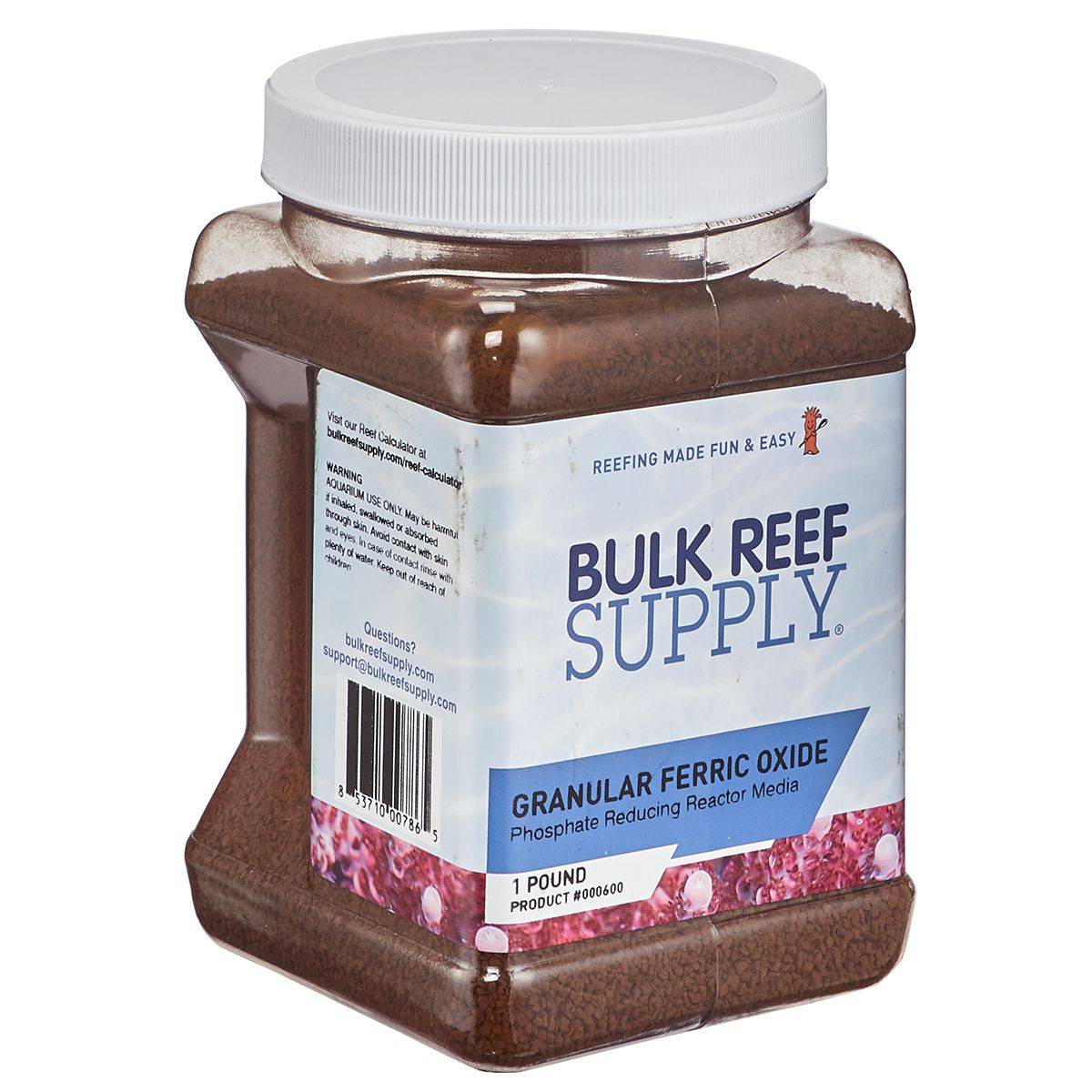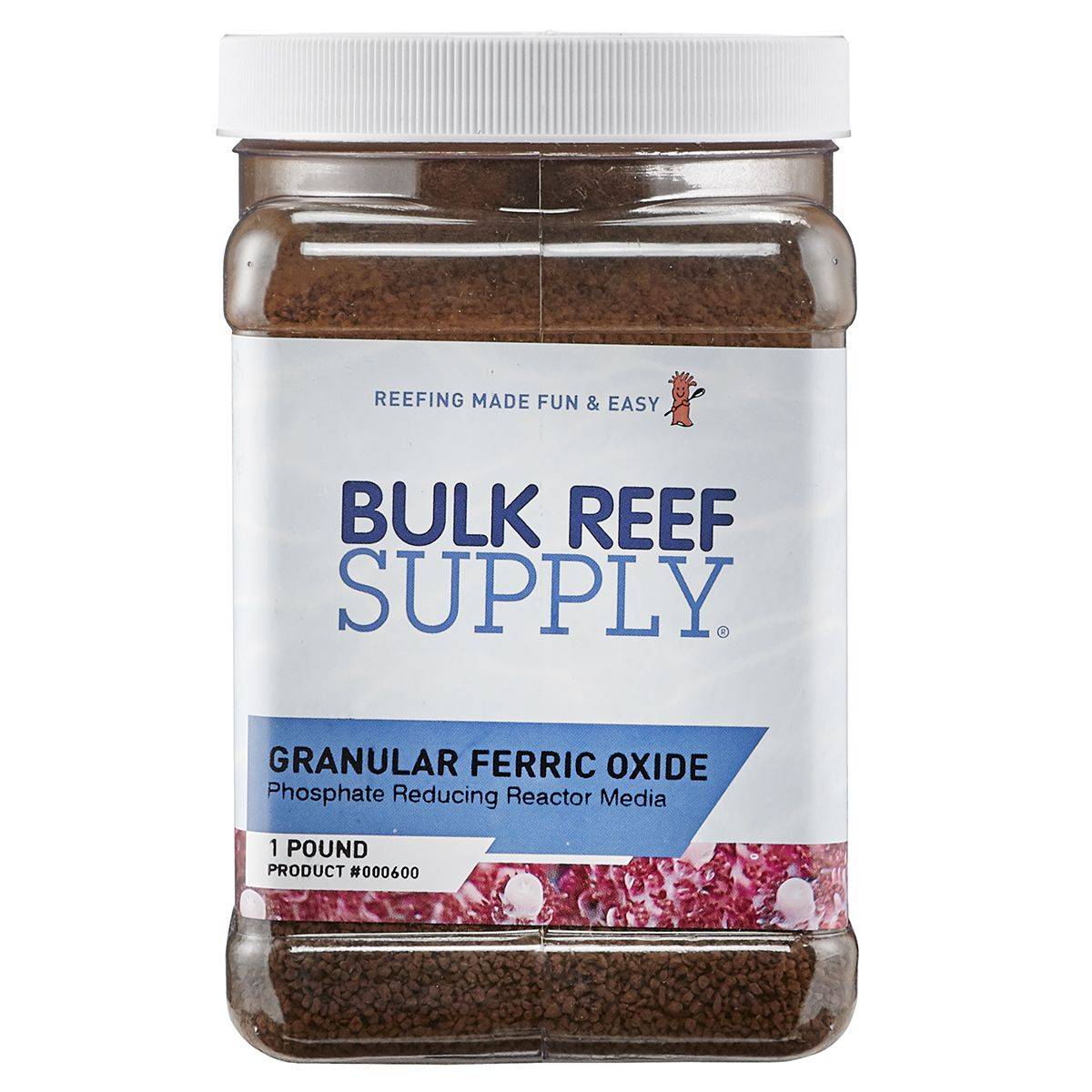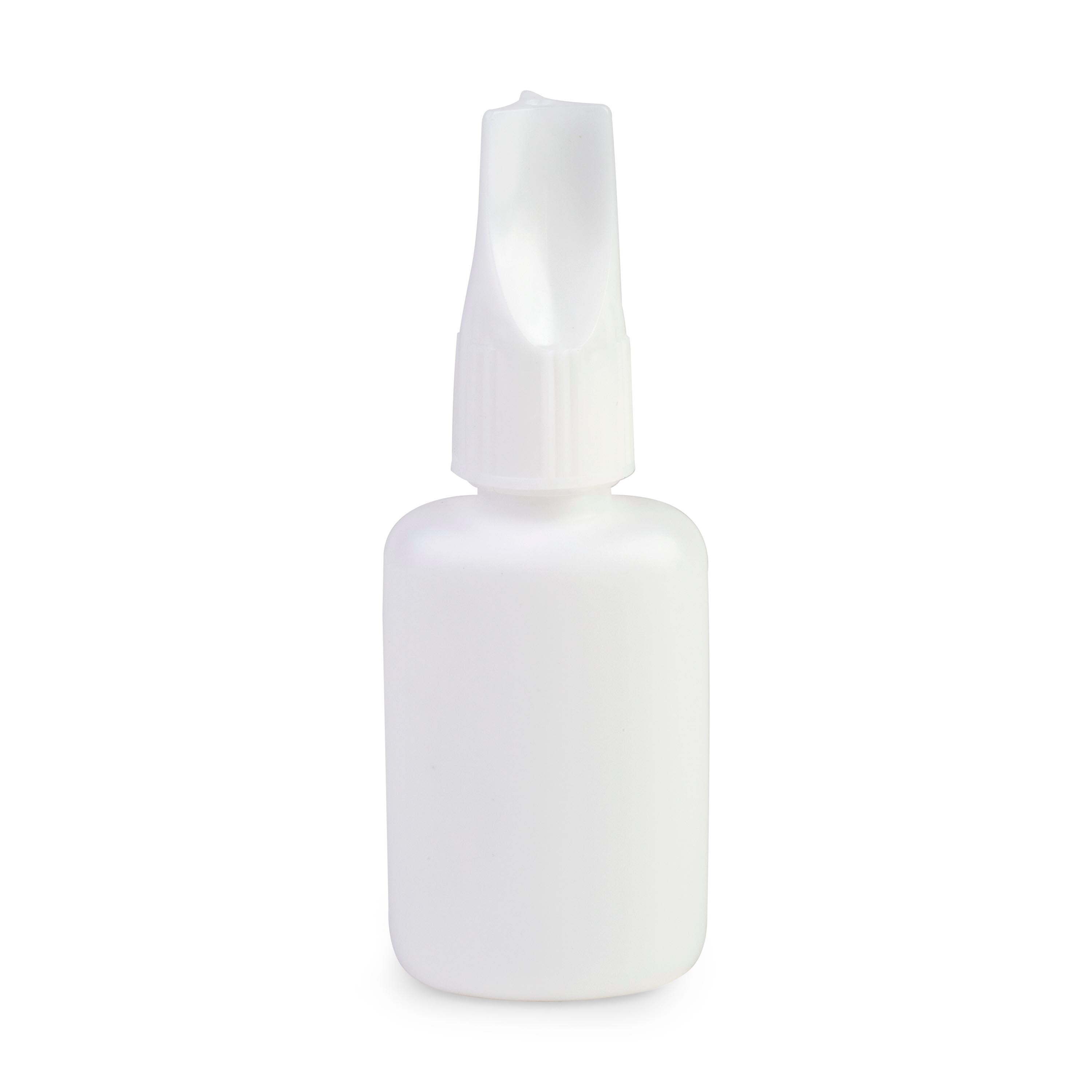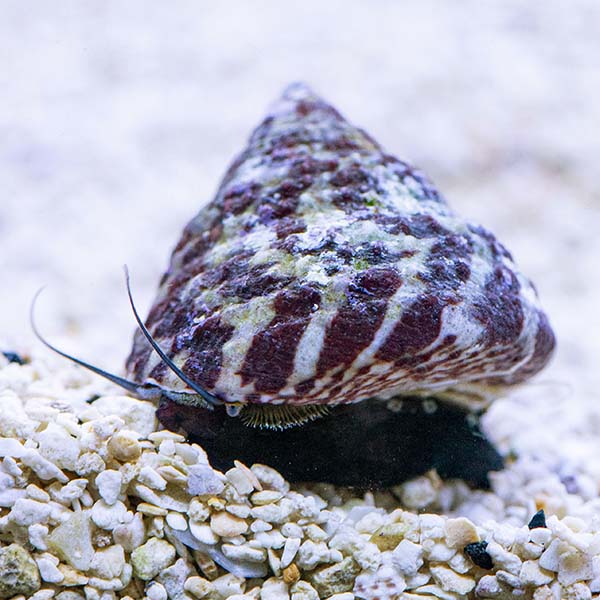
Trochus Snail (Trochus sp.)
Max Size: 1 inches
Diet: Herbivore
Temperament: Peaceful
Reef Compatible: Yes
Minimum Tank Size: 10 gallons
The Banded Trochus Snail is highly valued by marine aquarists, regardless of their level of experience, due to several desirable traits. Similar to other members of the Trochidae family, the Banded Trochus is low-maintenance and efficient in fulfilling the role of an aquarium cleanup crew. Typically, this snail species has a black foot with an off-white or tan color on the underside. Its distinctive feature is a pale gray shell with maroon stripes or bands, adding a unique touch to any marine system.
Also known as the Trochus, Turban or Top Shell, or Turban Snail, the Banded Trochus Snail hails from Indonesia and belongs to the Trochus genus. One notable aspect appreciated by many aquarists is the ease with which these snails can reproduce in a home aquarium. They engage in sexual reproduction by releasing gametes into the water column, which can be identified as a cloudy, white substance. Breeding activity is often triggered by changes in lighting or water conditions. Once the gametes unite, they develop into free-swimming larvae that eventually settle in the aquarium substrate and mature into snails over a few months.
The Banded Trochus Snail thrives in reef aquariums and can be kept at a rate of approximately one snail per two to three gallons of aquarium water. They are peaceful creatures and their shell shape makes them less vulnerable to predation by crabs. Unlike their close relative, the Tectus Snail, the Banded Trochus Snail is capable of righting itself when knocked over.
To provide an optimal environment, it is advisable to have a well-established aquarium with ample hiding places and areas for foraging. The snails naturally feed on algae, cyanobacteria, and diatoms found on live rock, substrate, and aquarium glass. They are particularly effective at consuming film algae. However, they only graze passively on other nuisance algae, such as hair algae.
Like other invertebrates, Trochus sp. is sensitive to high nitrate levels and should not be exposed to copper-based medications. They require a gradual acclimation process, preferably using the drip acclimation method. If food availability is insufficient in the aquarium, their diet can be supplemented with dried seaweed. While most Banded Trochus Snails reproduce readily, it is challenging to distinguish between males and females based on external characteristics.


